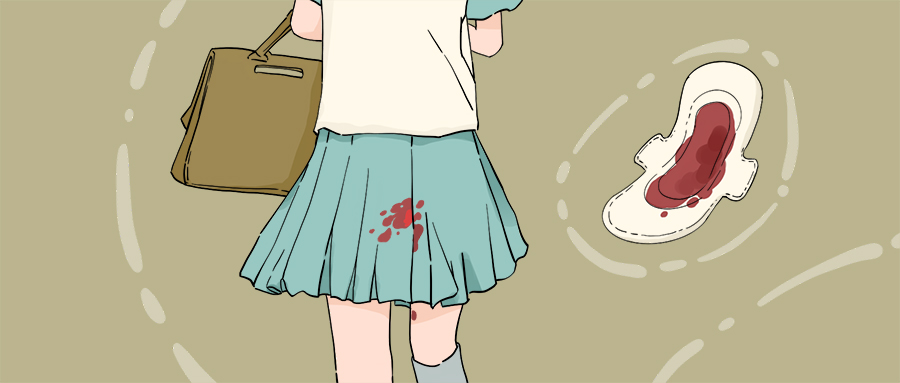What should girls pay attention to when they get their first period?
Generally, when a girl experiences her first menstrual period, she should pay attention to psychological adjustment, lifestyle habits, dietary habits, personal hygiene, and avoiding strenuous exercise, among other aspects. If any discomfort occurs, it is recommended to seek timely medical consultation and receive standardized treatment under the guidance of a physician. The details are as follows:

1. Psychological Adjustment
A girl may feel nervous, anxious, or frightened during her first menstruation. Family members should provide timely psychological support, helping her understand that this is a normal physiological phenomenon and a sign of growing up. This helps establish correct awareness and prevents menstrual irregularities caused by excessive emotional stress.
2. Lifestyle Habits
A girl's resistance may decrease during menstruation, making her prone to fatigue. Therefore, adequate rest is necessary, and overexertion should be avoided. Additionally, exposure to cold water should be avoided—do not wash hair or take baths with cold water. Stay warm and avoid swimming to prevent dysmenorrhea or disruption of the menstrual cycle.
3. Dietary Habits
Diet during menstruation should primarily consist of light and easily digestible foods. Spicy and irritating foods such as hot pot and chili peppers should be avoided, as they may accelerate blood circulation, leading to heavier menstrual flow or prolonged periods. Cold and raw foods like ice cream and frozen desserts should also be avoided to prevent menstrual cramps.
4. Personal Hygiene
Sanitary pads should be changed frequently during menstruation. The external genital area should be cleaned every night with warm water to maintain cleanliness and dryness, preventing bacterial infections. High-quality sanitary napkins should be used; ordinary toilet paper or low-grade paper with inadequate sterilization should not be used as substitutes.
5. Avoid Strenuous Exercise
During the first menstrual period, hormone levels may decline. Engaging in strenuous physical activity could increase menstrual flow and cause excessive fatigue or physical discomfort. Therefore, intense activities such as long-distance cycling, running, playing basketball, or football should be avoided.
It is recommended to develop healthy lifestyle habits, maintain a proper balance between work and rest, and avoid excessive fatigue to promote overall physical well-being.




